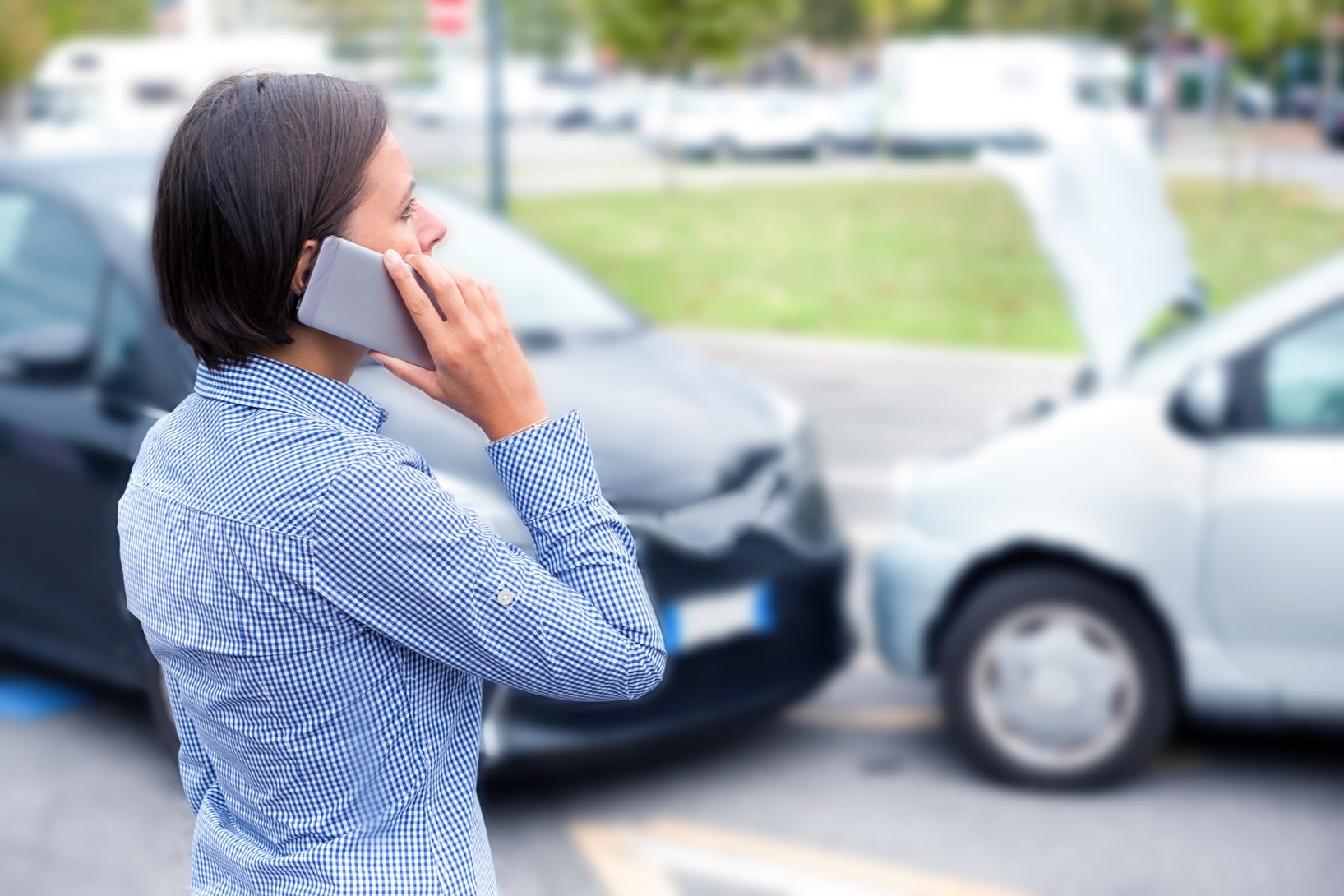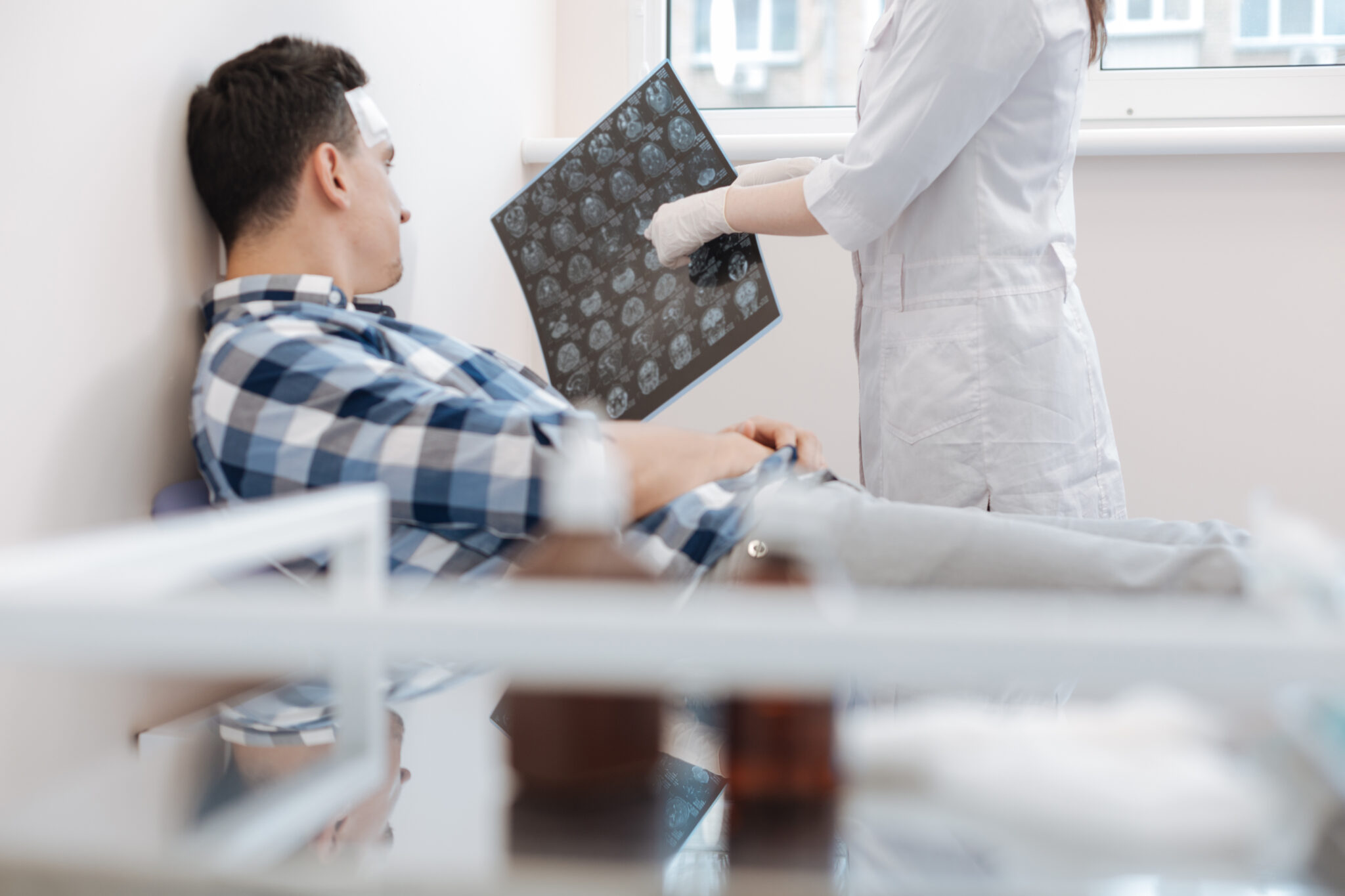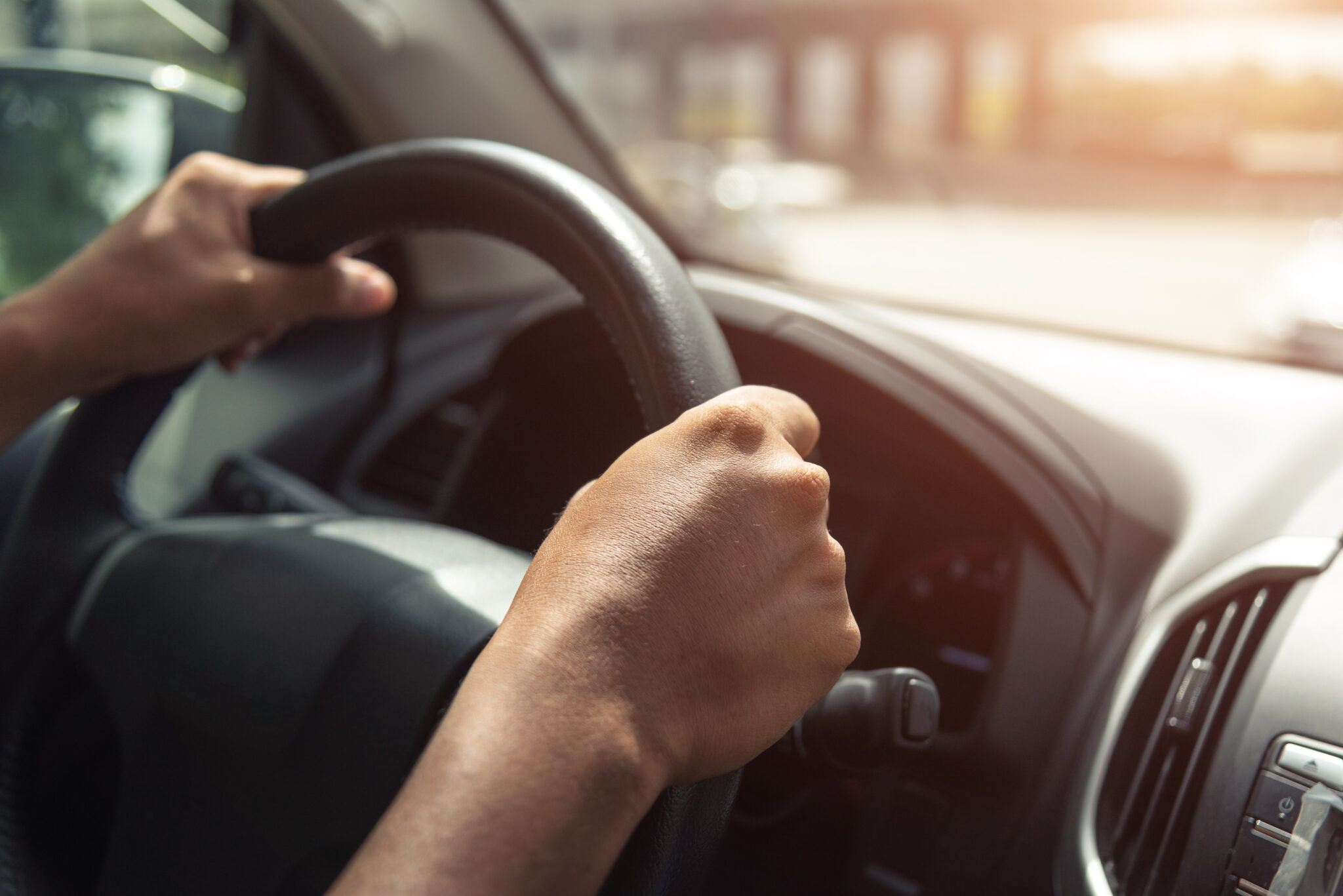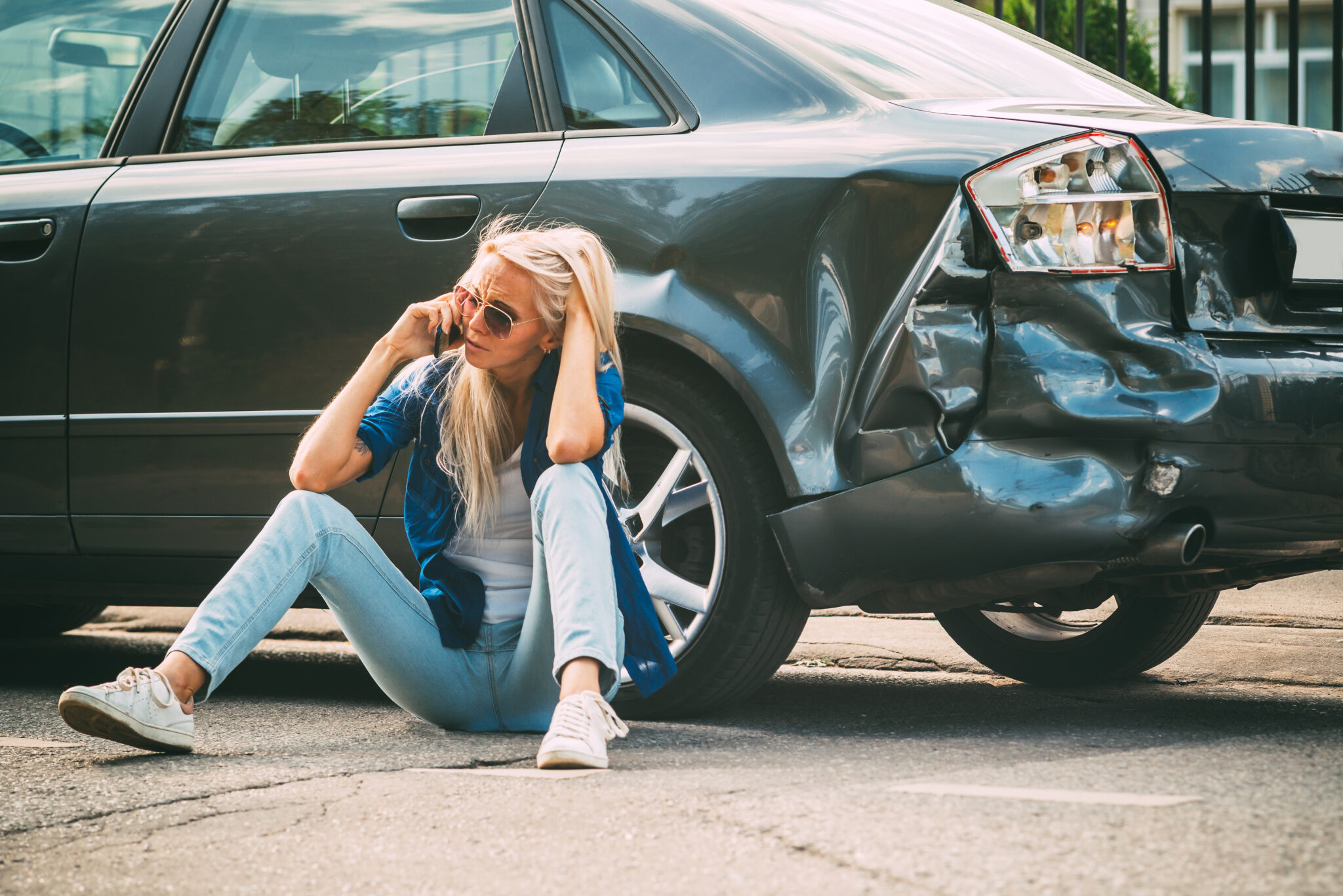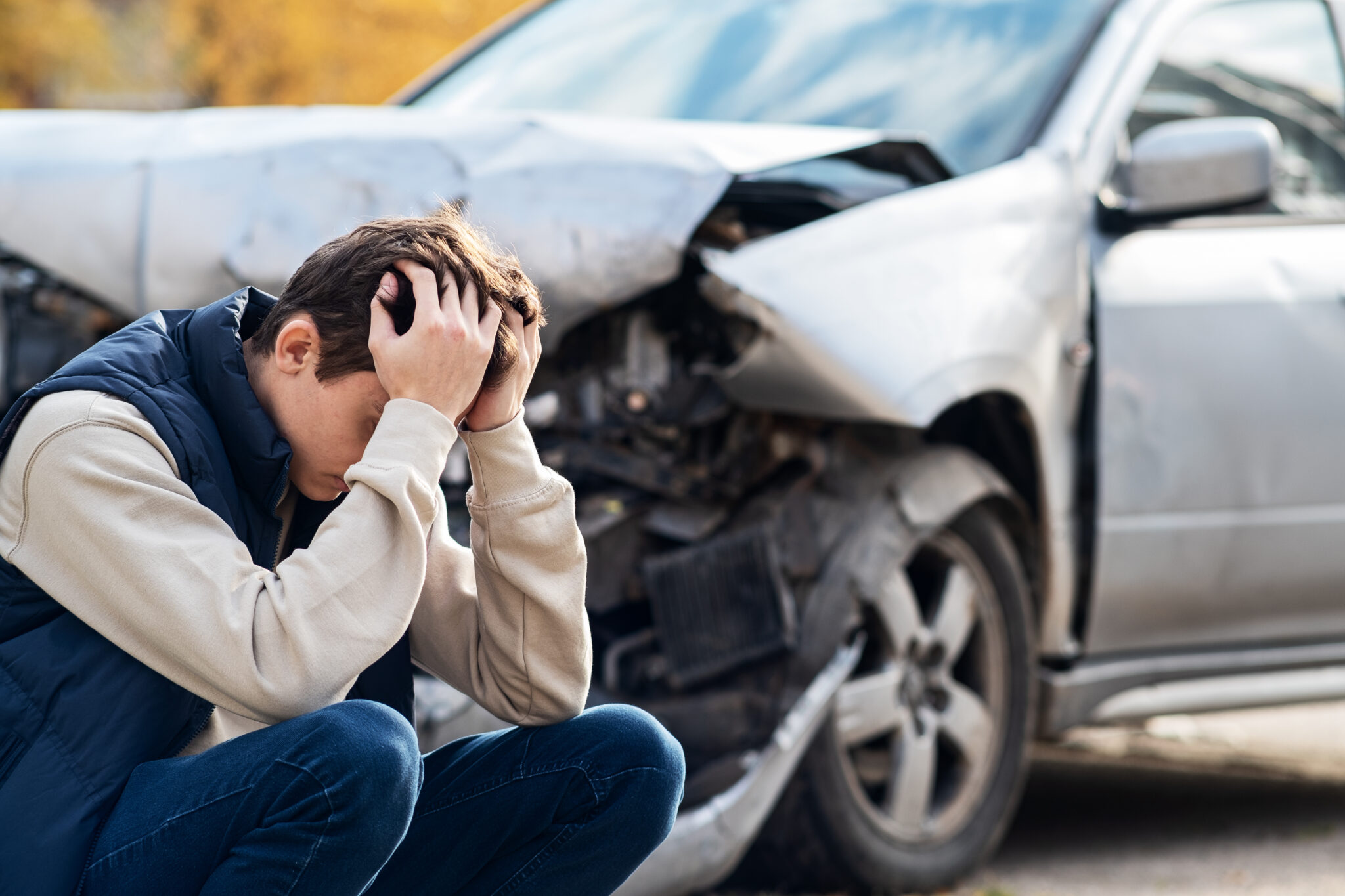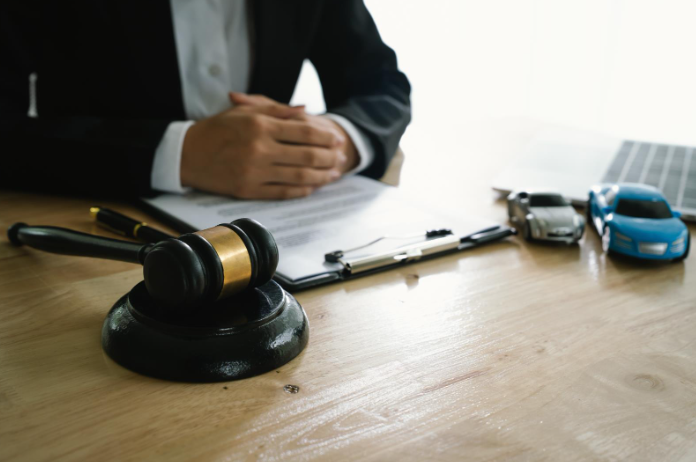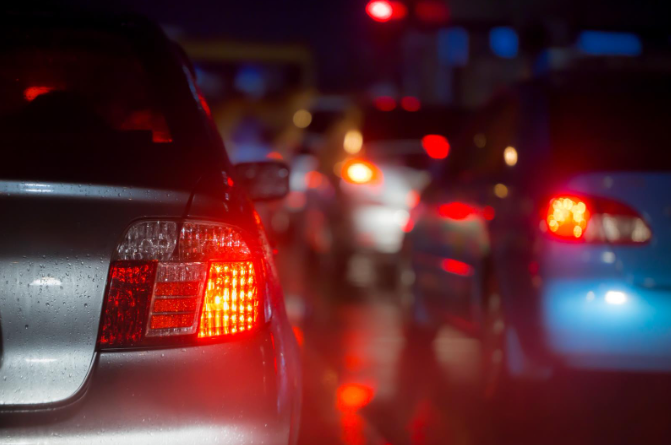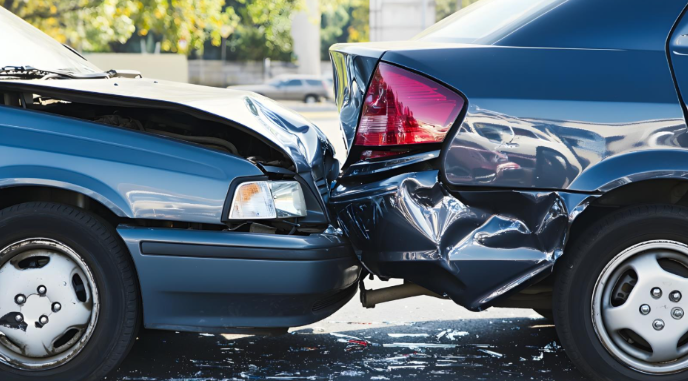Seeing headlights come toward your car on the highway at night is terrifying. Sadly, about 500 people die in the U.S. each year because of wrong-way driving on our highways, according to the AAA Foundation for Traffic Safety.
Many people discount the seriousness of wrong-way collisions because they are less frequent than other types of car crashes. But the outcomes are usually catastrophic—a wrong-way crash is 12-27 times more likely to be fatal than a “regular” car crash and often involves more than one fatality.
Despite efforts by local traffic and police organizations to implement improved signage and detection systems, the number of wrong-way deaths in Texas has risen in recent years. With a nearly 30% increase since 2014, wrong-way fatalities in the state are at 77 per year.
Keep reading to learn more about how wrong-way driving occurs, what to do if you see someone driving the wrong way, and the importance of contacting a personal injury attorney if you’ve been injured in a wrong-way collision.
How Does Wrong Way Driving Happen?
Wrong-way driving refers to vehicles traveling directly against the flow of traffic, resulting in opposing cars facing each other in the same lanes. Typically, this occurs because a driver entered the highway via an exit ramp rather than an entrance ramp.
Factors Involved in Wrong Way Driving
Wrong-way driving occurs most often when the driver is under the influence of alcohol or drugs and does not notice “Do Not Enter” signs and other safety precautions. According to a National Transportation Safety Board (NTSB) study, the majority of wrong-way drivers are intoxicated, and a shocking 59% have a blood-alcohol content (BAC) of 0.15% or more (.08% being the legal limit). Unfortunately, Texas has one of the highest rates of drunk driving car crashes in the country, which leads to more deaths from drivers going the wrong direction.
Other factors involved in wrong-way driving incidents include fatigue, inattention, and driving late at night. Age can also play a role; the NTSB reports that drivers over the age of 70 are more likely to cause wrong-way crashes than right-way crashes.
According to a National Transportation Safety Board (NTSB) study, the majority of wrong-way drivers are intoxicated, and a shocking 59% have a blood-alcohol content (BAC) of 0.15% or more (.08% being the legal limit). Unfortunately, Texas has one of the highest rates of drunk driving car crashes in the country, which leads to more deaths from drivers going the wrong direction.
When Do Wrong-Way Collisions Occur?
Some of these head-on collisions happen on the ramps, but the most serious and deadly wrong-way crashes occur on the highway at high speeds. Because many wrong-way drivers are drunk or impaired, not only are they going the wrong direction—they are also likely to be driving recklessly and may hit vehicles that are trying to avoid them.
Wrong-way driving accidents more commonly occur at night, in the very early morning, and on the weekend. Nighttime makes signs harder to see, and drivers are more likely to be tired or even under the influence of alcohol or drugs.
RELATED: Studies Show Texas Is a Dangerous State for Driving and Car Accidents
Wrong-way driving accidents more commonly occur at night, in the very early morning, and on the weekend. Nighttime makes signs harder to see, and drivers are more likely to be tired or even under the influence of alcohol or drugs.
A Wrong-Way Driver Crash Can Lead to Wrongful Death Cases
As mentioned earlier, wrong-way car accidents are much more likely to be fatal than other traffic crashes. When you’ve lost a loved one because someone else was driving the wrong way on a road, you might wish to begin a wrongful death case.
Wrongful death cases may be filed by a surviving spouse, parent, or child within two years of the death itself. Because it is not an injured person seeking compensation for themselves, damages work a bit differently here.
Obviously, no amount of money will make up for the loss of a loved one, but it can make certain aspects of your life easier. Surviving family members may seek compensation for:
- Loss of companionship
- The deceased’s lost future earnings
- Funeral and burial costs
- Emotional distress
Depending on the situation, you may also be able to demand so-called survival damages for the fatal crash. These cover the deceased’s medical treatment and pain and suffering right after the deadly crash.
Wrongful death cases are complex, especially as you’re dealing with grief and all that comes with it. Working with an experienced attorney can take much of this burden from your shoulders and make fair compensation for your loss more likely.
Less Common Damages May Apply in Wrong-Way Driving Accidents
Personal injury cases often lead to injured people being compensated for their medical bills, lost wages, pain and suffering and more. However, a wrong-way crash is not like most personal injury cases. This is one of those times when less common damages may be available to you.
Punitive Damages
Punitive damages are not meant to compensate an injured person or surviving family member for any kind of loss. Their purpose is to punish the at-fault party, discouraging them (and anyone else) from such careless and reckless actions in the future.
Punitive damages are not common in personal injury cases. At-fault parties may have been careless, but they aren’t usually so reckless that such a penalty is considered necessary. Still, after an injury or wrongful death due to wrong-way driving, you may have a case for the kind of recklessness that demands more than simple compensation.
For one thing, wrong-way drivers are often under the influence of drugs or alcohol. This often makes their actions reckless, well beyond a sober driver accidentally misreading a sign. If they cause a crash that results in catastrophic injury or death, the case for punitive damages is much stronger.
Beyond that, the mistake of wrong-way driving, especially on a highway, is potentially devastating to numerous people. The law wants to send a clear message that this is one of the most dangerous things a driver can do, and punitive damages might be part of that.
A wrong-way crash is not like most personal injury cases. This is one of those times when less common damages may be available to you.
Emotional Distress Damages
No one wants to think about a car driving straight at them on the highway. For someone who experienced a head-on crash, the mental imagery might be almost impossible to avoid.
Any kind of car accident can be traumatic, but a wrong-way driver comes with its own emotional distress. It’s so unexpected, so intensely frightening, and often so catastrophic that an injured person may find it difficult to drive confidently in the future.
Emotional distress goes beyond the typical pain and suffering, as it isn’t necessarily related to an injury and healing. If you’re dealing with significant fear, anxiety, and obstacles in your daily life after a wrong-way crash, talk to your attorney about seeking compensation.
Any kind of car accident can be traumatic, but a wrong-way driver comes with its own emotional distress. It’s so unexpected, so intensely frightening, and often so catastrophic that an injured person may find it difficult to drive confidently in the future.
Compensation Through a Dram Shop Claim
Because so many wrong-way drivers are drunk, it may be worth looking into dram shop claims for your case.
Dram shop laws allow bartenders and servers to refuse to serve alcohol to someone who seems intoxicated. For example, if someone orders a shot of vodka, but they’re unable to keep their balance or hold their eyes open, the establishment may refuse to give them more alcohol.
If you suspect that the person who hit you was overserved alcohol, and that their intoxication ultimately caused your injuries, you may have a case for a dram shop claim.
What Should I Do if I See a Wrong-Way Driver?
No one expects to see a car or semi-truck coming straight at them on the highway. The best way to protect yourself and other drivers is to pull over at once and call 911 to report the driver to law enforcement.
After you report the driver, the police will work to stop the vehicle safely using lights, sirens, or even roadblocks.
And if you’ve been injured by a driver going the wrong way, you can learn all about what you should do by downloading our free, in-depth e-book, 5 Mistakes to Avoid After an Auto Accident.
RELATED: Alexandria’s Story: A Drunk Driver Speeds Down the Highway in the Wrong Direction
Call Crosley Law if You’ve Been Injured in a Wrong-Way Collision in Texas
If you or a loved one have been injured in a wrong-way collision in Texas, working with an experienced accident attorney is crucial to obtaining compensation for your injuries.
Crosley Law has years of experience helping those injured in car crashes throughout San Antonio and Texas get the justice and compensation they deserve. We know how to work with experts, such as accident reconstructionists, to determine exactly what happened during a wrong-way crash.
Call us today at 210-LAW-3000 | 210-529-3000 or complete this brief online form to schedule your free consultation.
References
Armbruster, D. & Zuber, J. (2021, March 23). AAA Texas: Lone Star State leads country in “wrong-way” crash fatalities; new analysis finds fatality rate rising. AAA. Retrieved from http://tx-aaa.iprsoftware.com/news/aaa-texas-lone-star-state-leads-country-in-wrong-way-crash-fatalities-new-analysis-finds-fatality-rate-rising
Highway Special Investigation Report: Wrong-Way Driving. (2012, December). National Transportation Safety Board. Retrieved from https://www.ntsb.gov/safety/safety-studies/Documents/SIR1201.pdf
Whitfield, S. (2018, June 11). TxDOT: Houston has most wrong-way crashes among big cities in Texas. KHOU 11. Retrieved from https://www.khou.com/article/news/local/txdot-houston-has-most-wrong-way-crashes-among-big-cities-in-texas/285-563356199
The content provided here is for informational purposes only and should not be construed as legal advice on any subject.
